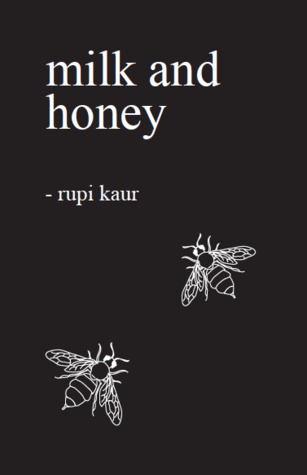
The Immortal Life of Henrietta Lacks
By Rebecca Skloot
A book that touches the heart and leaves its reader questioning their very existence, is indeed an excellent book. And this is that book.
There is a lot of scientific and political jargon that the reader needs to get through, but with patience, because you have to read that too in order to get the full scope of the book and the person you are reading about, it is mind and soul gripping.
It is the book of a strong, courageous woman that undergoes the tortuous struggle of cervical cancer and loses the battle with grace and dignity. But in the end, because she was a poor black woman and her family was never taken into consideration, she was stripped of her cancer cells by doctors to use for the study into cell regeneration--known as HeLa--the first immortalized cell line.
The cells were taken from a tumor biopsied during the treatment for her cervical cancer at Johns Hopkins Hospital in Baltimore, Maryland in 1951 and cultured by George Otto Gey who created the cell line. These cells, known as HeLa are still being used today for medical research.
No one from Henrietta’s family ever knew the cells were being harvested, tested, and sold for research and use. There was much money made from the selling of these cells, but yet the family received none and they were so poor they could not even afford medical insurance.
This is a heartbreaking story of a woman dying and never knowing the great importance of her contribution to so many. And a family that nearly never knew the contribution her mother made to the world for so many people. This book will touch you so deeply that you will feel the need, in your heart, to thank this woman whom you will never know, but will no doubt play some role in your life.

